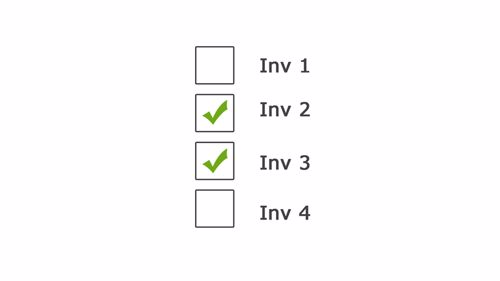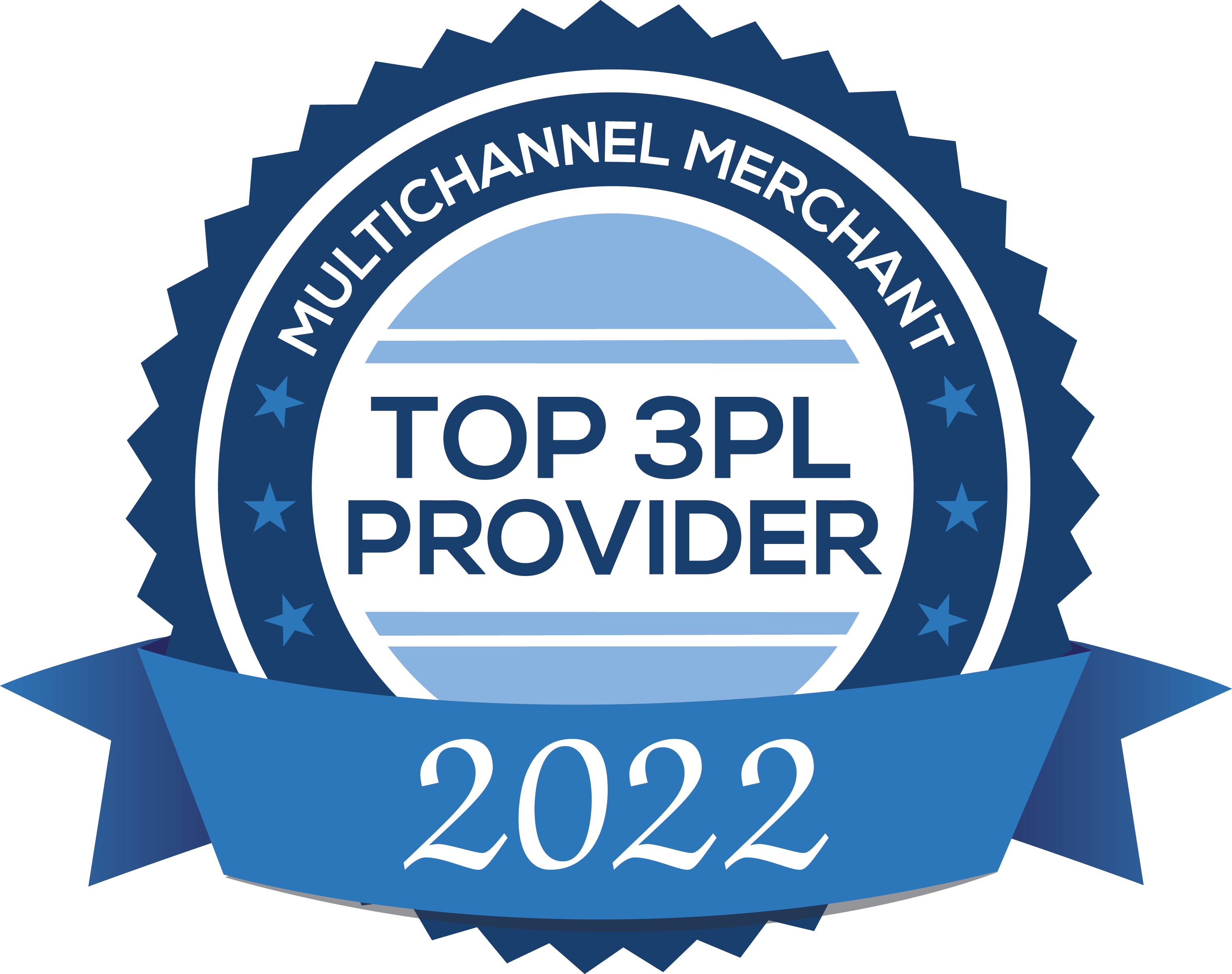
In the complex world of donation management, the ability to efficiently process remittances stands as a cornerstone of successful operations. As organizations strive to foster a seamless and enriching experience for a growing base of generous donors, the role of remittance processing becomes increasingly pivotal. Recent data from Double the Donations reveals that a significant 45% of individuals globally are engaged in monthly giving programs, underscoring the burgeoning need for streamlined payment processing solutions.
In this context, outsourcing remittance processing emerges as a strategic move, offering organizations the expertise and resources to adeptly manage a high volume of transactions, while ensuring security and compliance. Let’s delve into the intrinsic value of remittance processing and explore why entrusting this crucial function to a specialized service provider can be a game-changer for your organization.
What is remittance processing?
Remittance processing involves payments usually sent through the mail. The term remittance refers to a transaction between two parties, typically regarding payment for goods or services. With the payment solutions that are continually being introduced, the term remittance processing has come to mean so much more.
In donation processing, an automated system can take not only the form of payment, but the donor’s information as well. Donations can come in the form of a check, credit card, money order, cash, or third-party channel, and your payment processing workflow should be able to accommodate each.
A remittance payment processor should be able to both take donations and collect payment data. This system is called caging, where automation technology can open mail, process its contents, and add the information into a system that will be scanned for useful information.
 With the payment solutions that are continually being introduced, the term remittance processing has come to mean so much more.
With the payment solutions that are continually being introduced, the term remittance processing has come to mean so much more.Why outsourcing remittance processing is a wise move
In the busy world of donation management, many organizations are strategically pivoting towards outsourcing remittance processing to bolster efficiency and security. Let’s look at the numerous advantages this approach offers.
1. Access to expertise and compliance assurance
Navigating remittance processing can be daunting, particularly when it involves adhering to industry standards and regulations. Outsourcing this function grants you access to experts proficient in handling these complexities, ensuring your operations are compliant and secure, a feat challenging to achieve internally.
2. Leveraging advanced technology for enhanced efficiency
Outsourcing provides direct access to technology that can facilitate smoother and more efficient processes. These systems adeptly manage various payment forms with precision and speed, allowing your team to shift from manual tasks to growth-oriented initiatives that enhance donor relationships.
3. Tailored solutions to meet your specific needs
Every organization has its distinct set of needs and challenges. An outsourced service provider can offer customized solutions that align with your organizational goals and values, collaborating with you to develop a workflow that integrates seamlessly with your strategies.
4. Smooth integration for a unified experience
Outsourced service providers specialize in integrating their services with your organization’s system and workflows, offering a cohesive operational experience with minimal disruption, thus streamlining the transition to a more automated and efficient system.
5. Building robust donor relationships
The essence of a successful donation program lies in nurturing relationships with donors. Outsourcing remittance processing enables your team to focus more on strengthening these vital connections. Automated follow-up systems can also be integrated to ensure donors receive the necessary attention and appreciation, fostering enduring, mutually beneficial relationships.
Harnessing the collaborative power in outsourcing remittance processing
Having established the substantial benefits that outsourcing remittance processing can bring in terms of efficiency, security and fostering robust donor relationships, it’s crucial to look at another significant facet of this strategic move: the potential for fostering rich, collaborative relationships. This transition is not just a tactical shift but a gateway to cultivating partnerships characterized by mutual growth and understanding.
Let’s explore the nuanced dynamics that position outsourcing as a catalyst for collaborative innovation and shared progress:
- Unified problem-solving: Stepping into an outsourcing partnership creates a vibrant platform where your organization and the service provider come together to address challenges with a unified front. This collaborative space pools diverse expertise and resources, giving birth to innovative solutions that are resilient and future-proof.
- Harmonized goal pursuit: This collaborative venture synchronizes the goals of both parties, fostering a synergy that fuels mutual growth and success. A collective ambition to enhance donor satisfaction and engagement becomes the heartbeat of this fruitful partnership, driving concerted efforts toward shared milestones.
- Exchange of wisdom and skill enhancement: Outsourcing serves as a vibrant conduit for the exchange of knowledge and skills. This reciprocal interaction enables organizations to absorb fresh perspectives and expertise from the service provider, thereby elevating their operational prowess and adaptability.
- Collaborative resource optimization: Outsourcing invites organizations to work hand in hand with service providers in optimizing resources. This collaborative approach leverages the strengths and capabilities of both entities, achieving a heightened level of efficiency and effectiveness in remittance processing.
- Cultivating a collaborative stakeholder community: Central to outsourcing is the formation of a stakeholder community that thrives on collaboration. This community, encompassing organizations, service providers and donors, evolves into a collaborative ecosystem that nurtures trust, transparency and mutual respect, laying the foundation for lasting partnerships.
By embracing the collaborative dynamics of outsourcing remittance processing, organizations find themselves on the brink of a transformative partnership that goes beyond transactional engagements. This collaborative ethos fosters a united front, committed to elevating the donor experience and paving the road to organizational triumph.
SFG remittance processing solutions
Rather than investing in remittance processing equipment, payment processing software, compliance, staff and training, consider partnering with a trusted service provider. SFG is fully PCI compliant and SSAE18 audited. Whether you partner with us for remittance processing, caging, online payment processing, or other solutions, we offer secure data processing solutions to ensure your peace of mind that your transactions are secure and compliant with industry requirements.
To learn more about how we can help you, contact an SFG donations specialist today.









